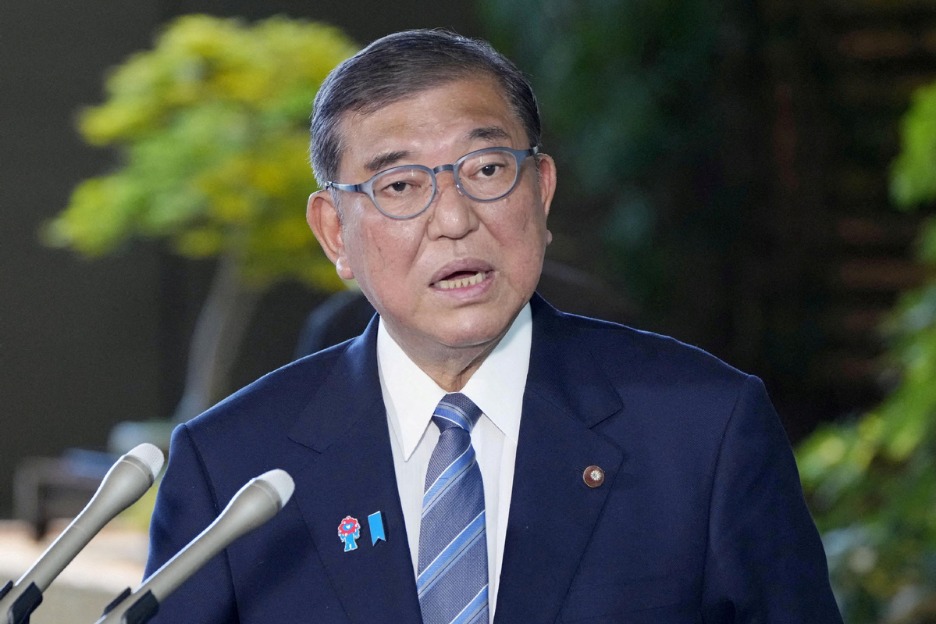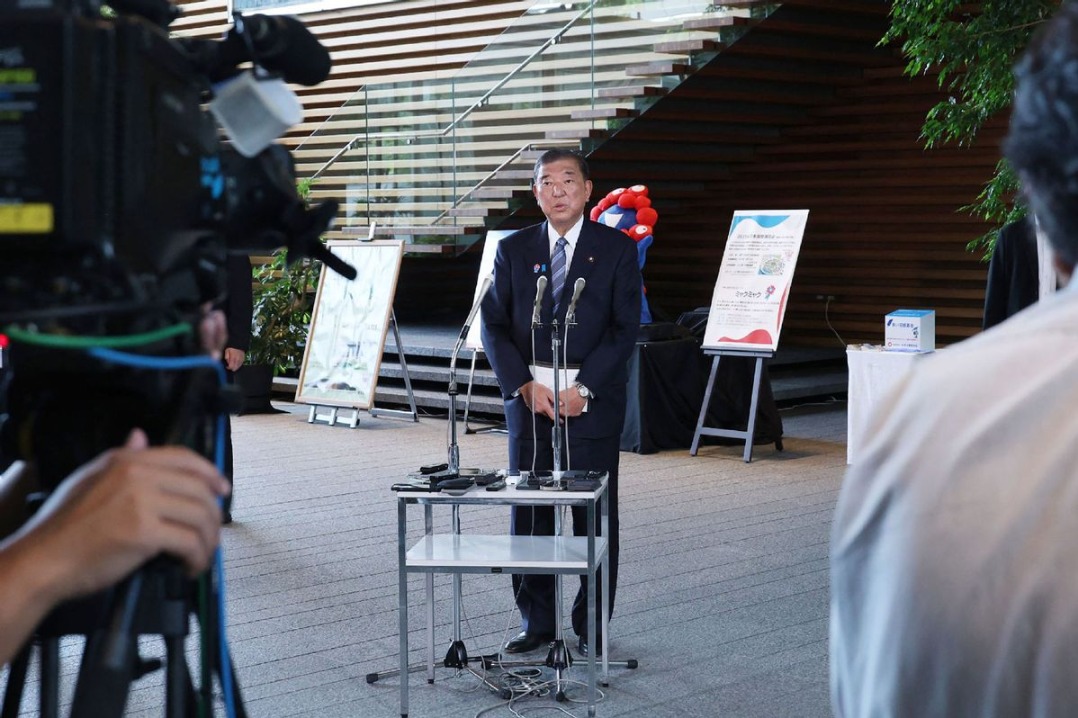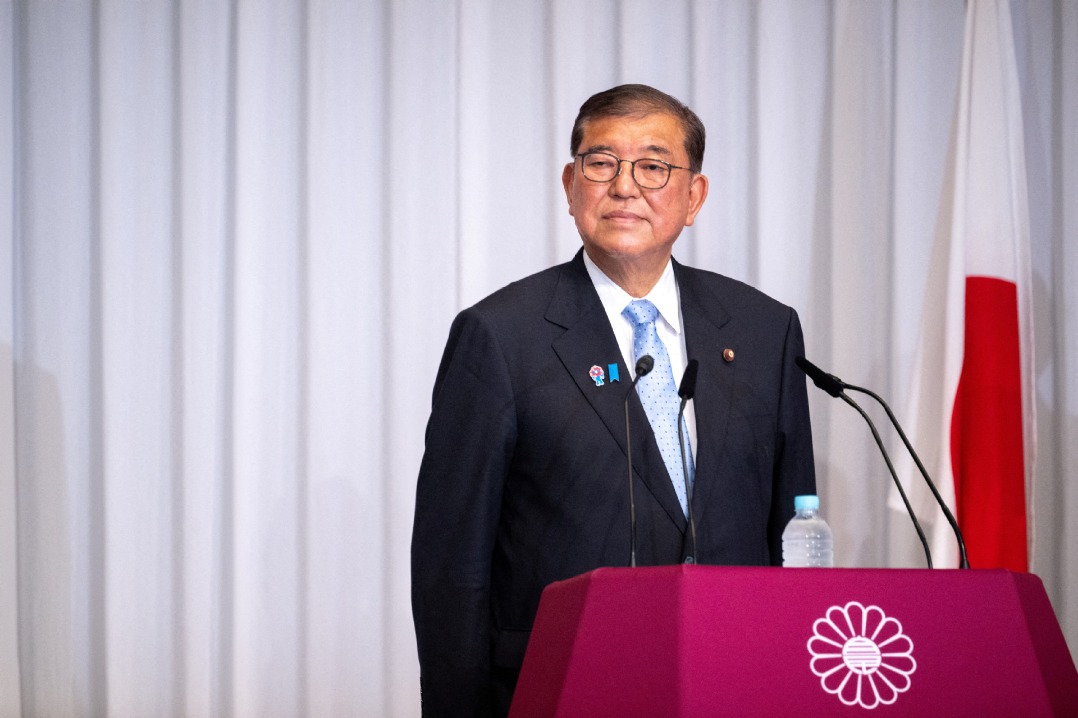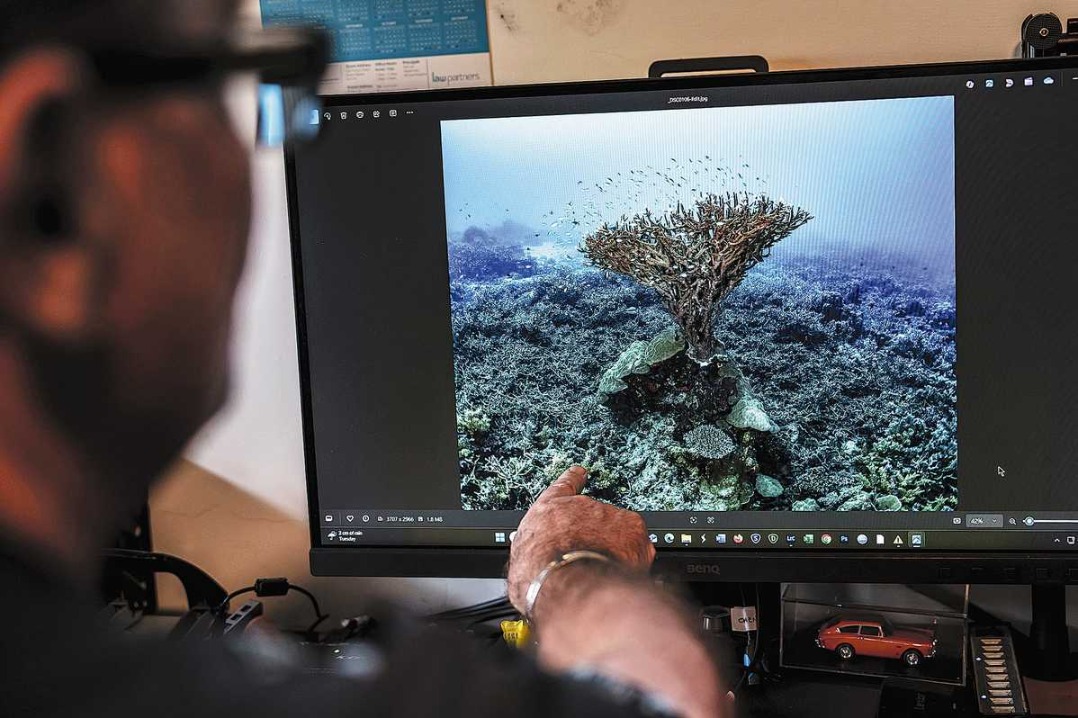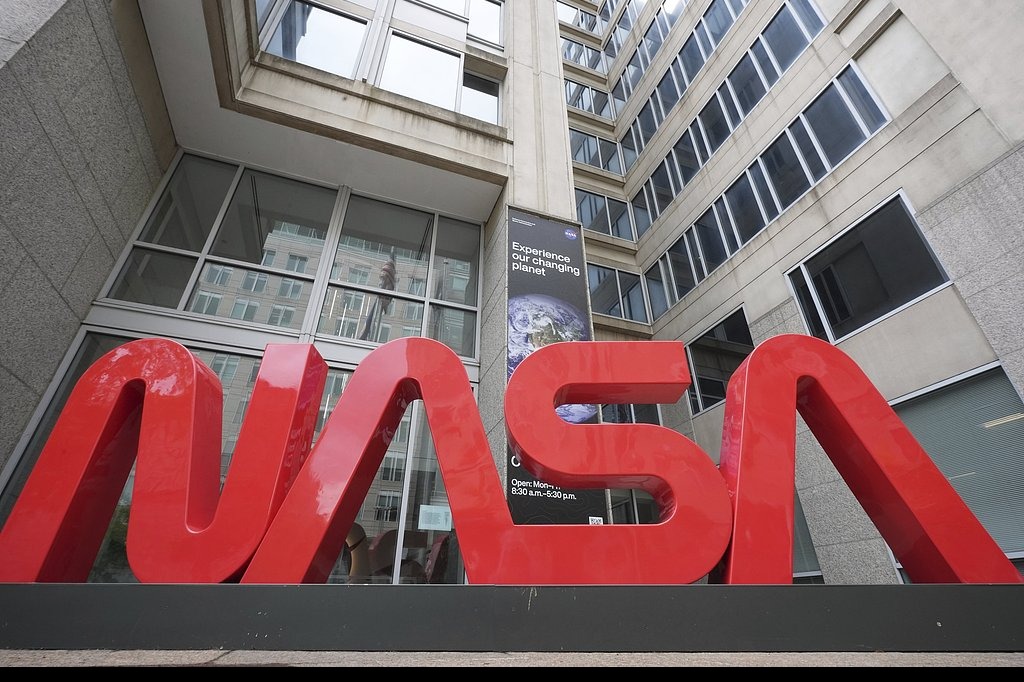Kenya pushes back against West's anti-China rhetoric

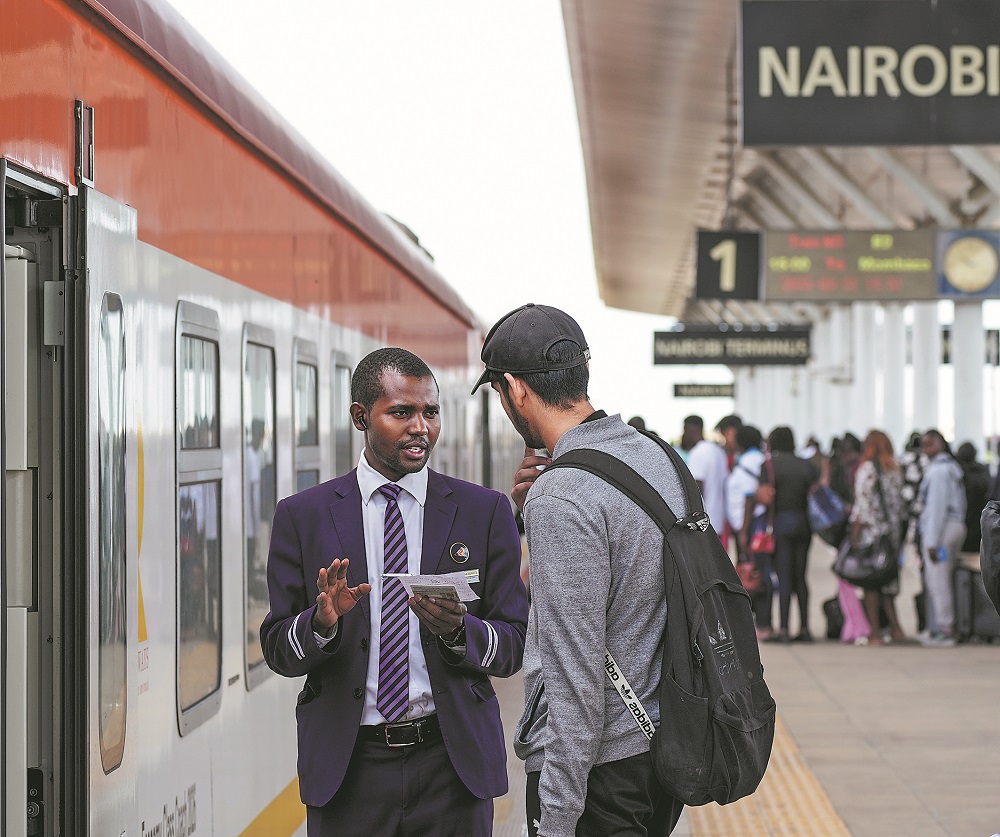
Kenyan lawmakers and officials are calling for stronger ties with China while pushing back against growing anti-China narratives peddled by Western governments.
They also reaffirmed Kenya's long-standing partnership with China, citing enhanced parliamentary, cultural and infrastructure cooperation.
"When China does something in Kenya, they (some Western countries) try and find the negative …saying it's too costly, or there's this and that," said Shakeel Shabbir, chairman of the Kenya-China Parliamentary Friendship Group.
"But we've seen development (and) value addition — in roads, railways and cultural bridges," he said, highlighting the fruitful bilateral cooperation.
Shabbir criticized what he termed "misinformation and propaganda" targeting Chinese investment and engagement in Kenya. He also emphasized that China's presence in Kenya predates many of its Western counterparts.
The Chinese embassy was among the first to be registered in the country, and it plays an integral and important role in promoting bilateral relations, he said, recalling China's early support for Kenyan independence in the 1960s and solidarity with the nation's freedom fighters.
Shabbir also defended China's role in Kenya's infrastructure development, contrasting it with what he described as the "extractive legacy of colonial powers".
"Western companies came, extracted our soda ash, our gold, and left. I've never seen a Chinese organization that is extractive," he said. "They are adding value."
He pointed to the China-built Mombasa-Nairobi Standard Gauge Railway as a transformative project.
The SGR has been a major benefit to Kenya, "no matter what they say", he said. "It now takes just six hours from Nairobi to Mombasa."
Another project, the Nairobi Expressway — Kenya's first toll road — has cut travel time from Jomo Kenyatta International Airport to town to just 12 minutes. "That is progress brought to us by China and I see nothing wrong with that," he said.
Hezekiel Gikambi, director of public communication at Kenya's Ministry of Tourism and Wildlife, highlighted how cultural exchange is expanding Kenya's tourism footprint with China.
The ministry is working to position Kenya as a global tourism hub, with China playing a key role in that vision, he said.
Sovereign decisions
Shabbir urged Kenya's global partners to respect its sovereign decisions and partnerships. He called for more nuanced global discourse, especially regarding development financing and South-South cooperation.
"So you see, there are many elements in this and we must recognize that we are not to be taken for granted by our Western partners. We recognize our Western partners and thank them — but they must not dictate whom we partner with," he said. "We need to be open. The world is changing, and Kenya is changing with it."
The remarks echoed concerns raised earlier by China's special envoy for the Horn of Africa, Xue Bing, who dismissed persistent "debt trap" accusations against China-funded projects in Kenya and Africa as a deliberate smear campaign by Western nations, in a seminar held in Nairobi last month.
Xue highlighted that more than 35 percent of the "debt trap" narratives in 2021 were directed at Kenya, driven by what he described as orchestrated misinformation by certain Western actors.
Cultivating a fact-driven environment is essential for the project's sustainable operation and the future development, he added.
















